In the quest for sustainability, innovative solutions are emerging to tackle the challenges of waste management and environmental conservation. Among these solutions, anaerobic digestion stands out as a promising process, offering a pathway to convert organic waste into valuable resources while mitigating greenhouse gas emissions. At the forefront of this movement is IMPACT Recycling Partners, whose depackaging process integrates anaerobic digestion to revolutionize the treatment of packaged organic waste.
Anaerobic digestion is a natural biological process where microorganisms break down organic matter in the absence of oxygen, producing biogas and nutrient-rich digestate. Unlike aerobic processes, which require oxygen and result in the release of carbon dioxide, anaerobic digestion offers a more sustainable alternative by harnessing the power of anaerobic bacteria to convert organic waste into renewable energy and biofertilizers.
IMPACT Recycling Partners has pioneered an innovative depackaging system that combines anaerobic digestion with advanced separation technology to unlock the value of packaged organic waste. This process is a game-changer in the recycling industry, offering a sustainable solution for managing food waste, expired products, and other packaged organics that would otherwise end up in landfills.
The depackaging process begins with the separation of packaging materials from organic content. Advanced machinery (our tiger depackaging unit) is employed to efficiently remove packaging, ensuring that only organic matter enters the anaerobic digestion phase.
Once separated, the organic waste undergoes anaerobic digestion in specially designed digesters. Within these anaerobic environments, naturally occurring microorganisms break down the organic matter, producing biogas composed primarily of methane and carbon dioxide.
The biogas generated during anaerobic digestion serves as a valuable renewable energy source. IMPACT Recycling Partners utilizes this biogas to generate electricity, heat, or biofuels, thereby reducing reliance on fossil fuels and lowering carbon emissions.
Following digestion, the remaining material, known as digestate, is rich in nutrients and organic matter. This digestate serves as a potent biofertilizer, returning valuable nutrients to the soil and closing the loop on organic waste management.
The integration of anaerobic digestion into IMPACT Recycling Partners’ Depackaging system offers a multitude of benefits for both the environment and the economy:
- Greenhouse Gas Reduction: By diverting organic waste from landfills and harnessing biogas for energy production, the depackaging process helps mitigate greenhouse gas emissions, contributing to climate change mitigation efforts.
- Renewable Energy Generation: Biogas produced through anaerobic digestion serves as a renewable energy source, reducing dependence on finite fossil fuels and promoting energy independence.
- Resource Recovery: Through the production of nutrient-rich digestate, the depackaging system closes the nutrient loop, enriching soil health and supporting sustainable agriculture practices.
- Waste Diversion: By separating organic content from packaging materials, the depackaging process enables the diversion of a significant portion of waste from landfills, reducing the environmental burden of waste disposal.
- Economic Opportunities: The generation of renewable energy and the production of high-quality biofertilizers present economic opportunities, creating revenue streams and fostering local job growth in the renewable energy and agriculture sectors.
In the journey towards a more sustainable future, innovations like the anaerobic digestion process integrated into IMPACT Recycling Partners’ depackaging system play a pivotal role. By transforming packaged organic waste into renewable energy and valuable resources, this pioneering approach demonstrates the potential of technology and collaboration to address pressing environmental challenges while creating economic opportunities. As we continue to prioritize sustainability, embracing such innovative solutions will be essential in building a more resilient and resource-efficient society.


